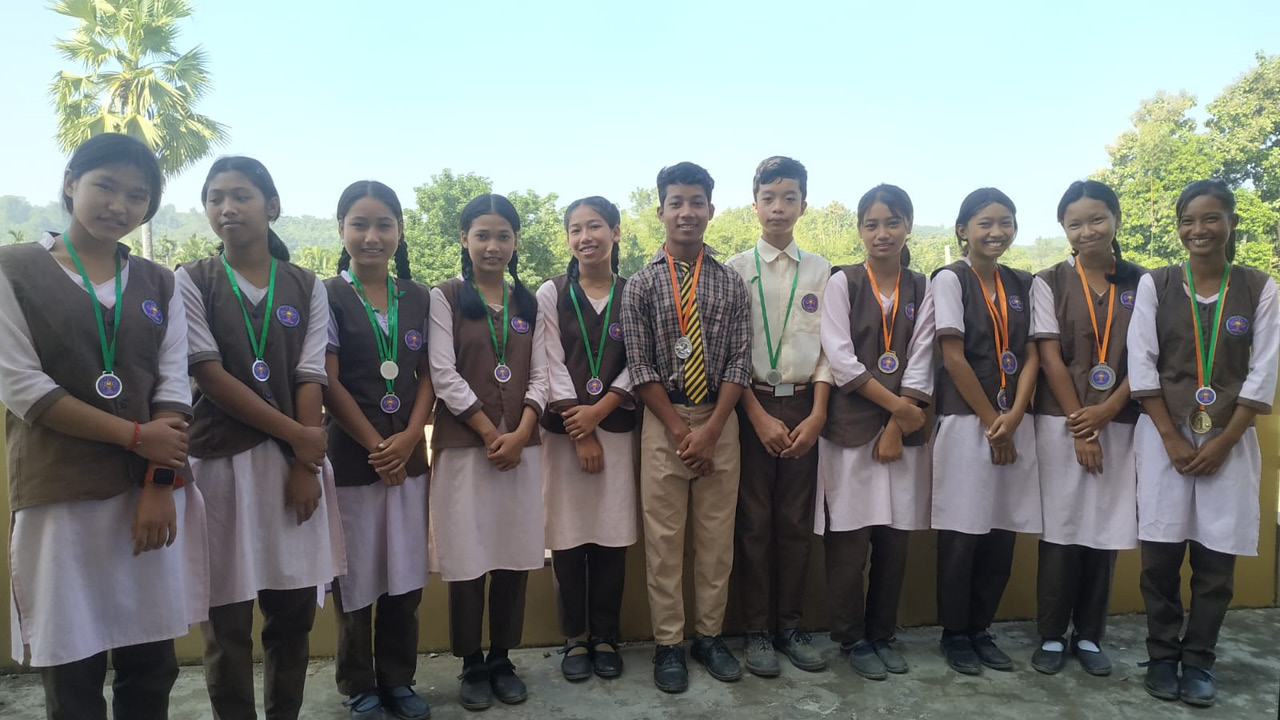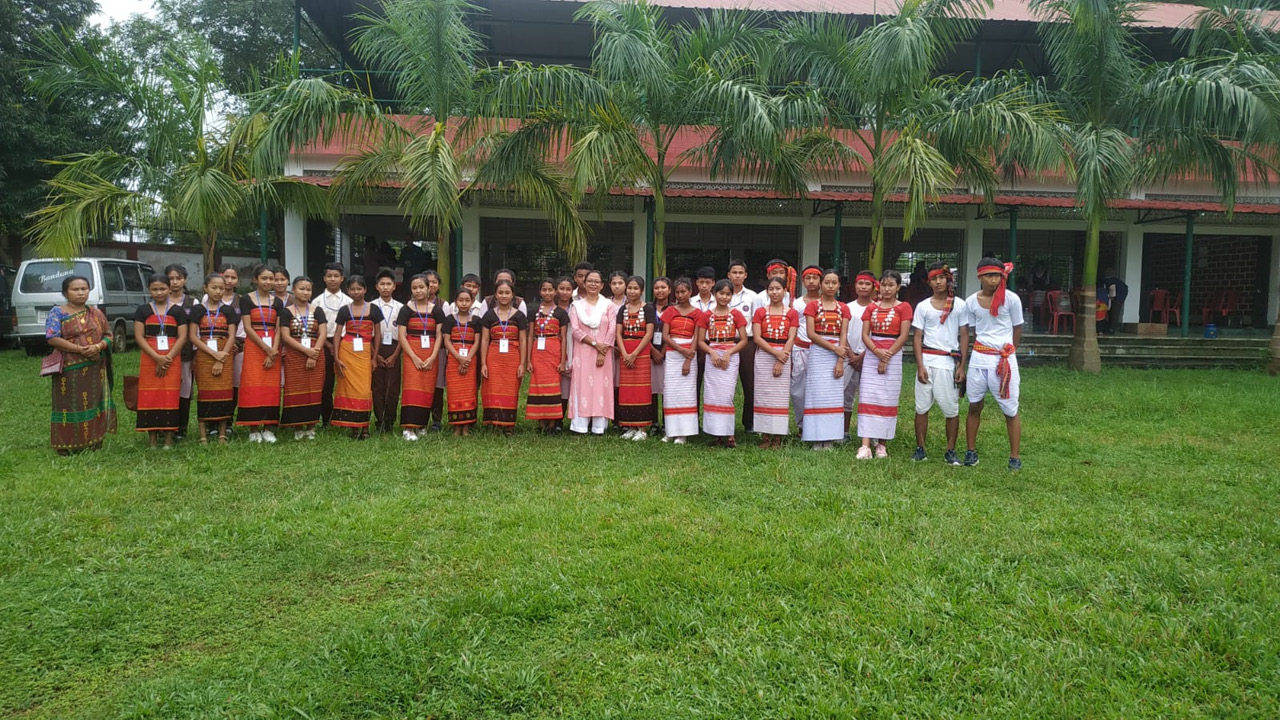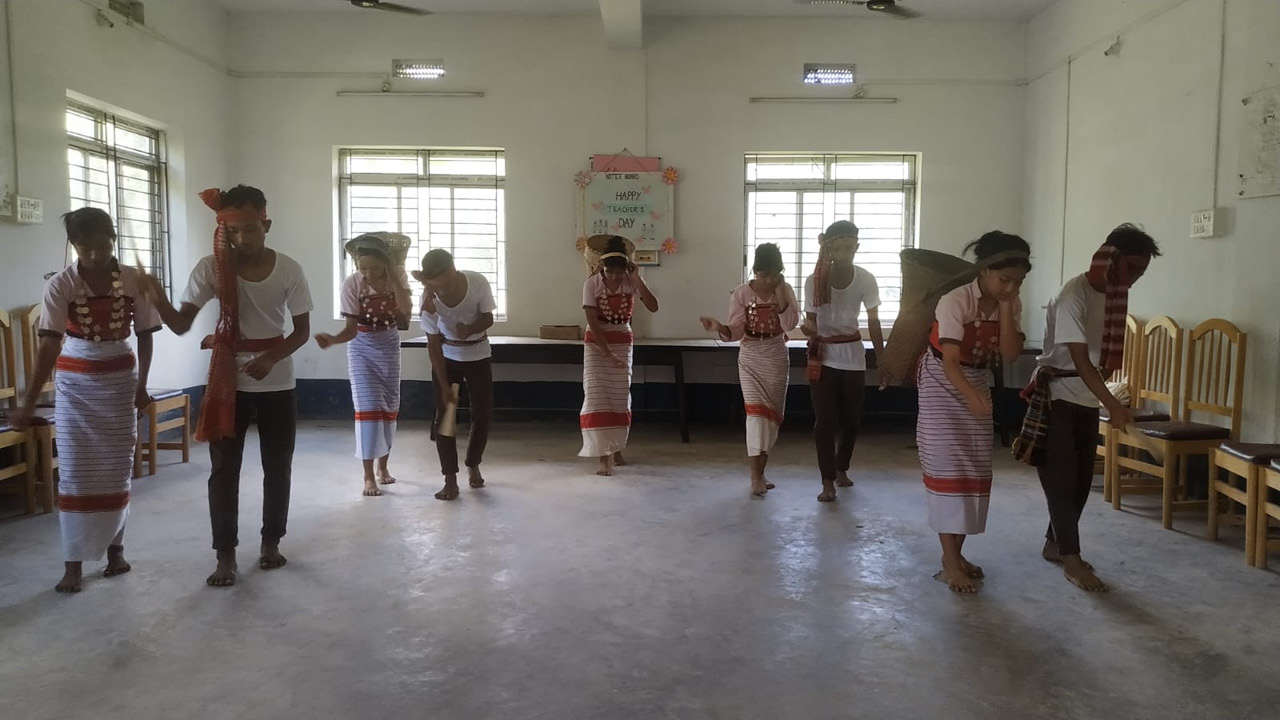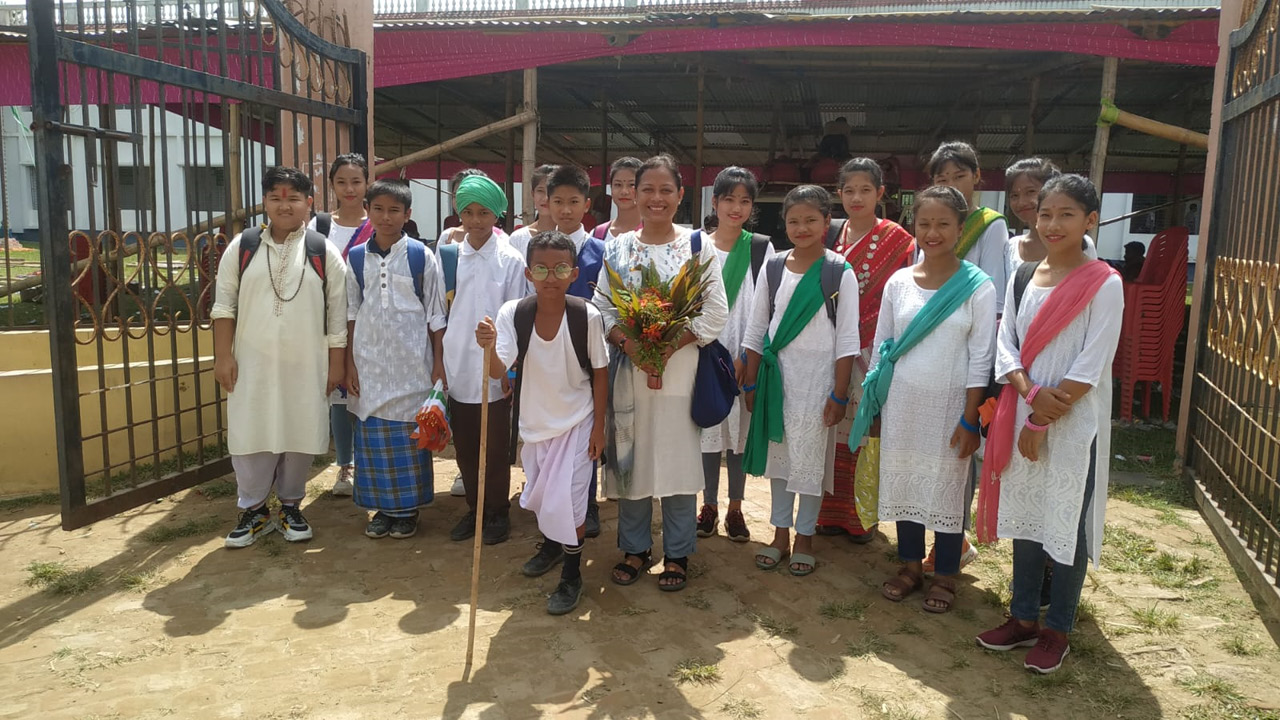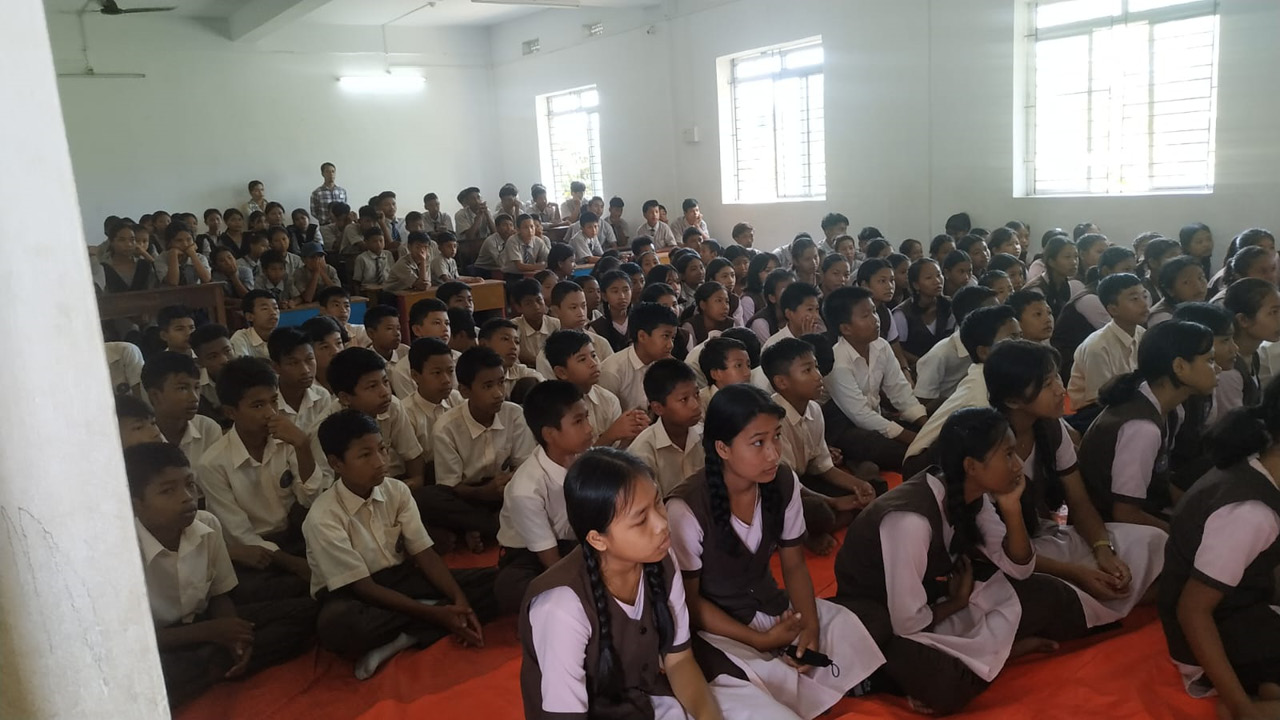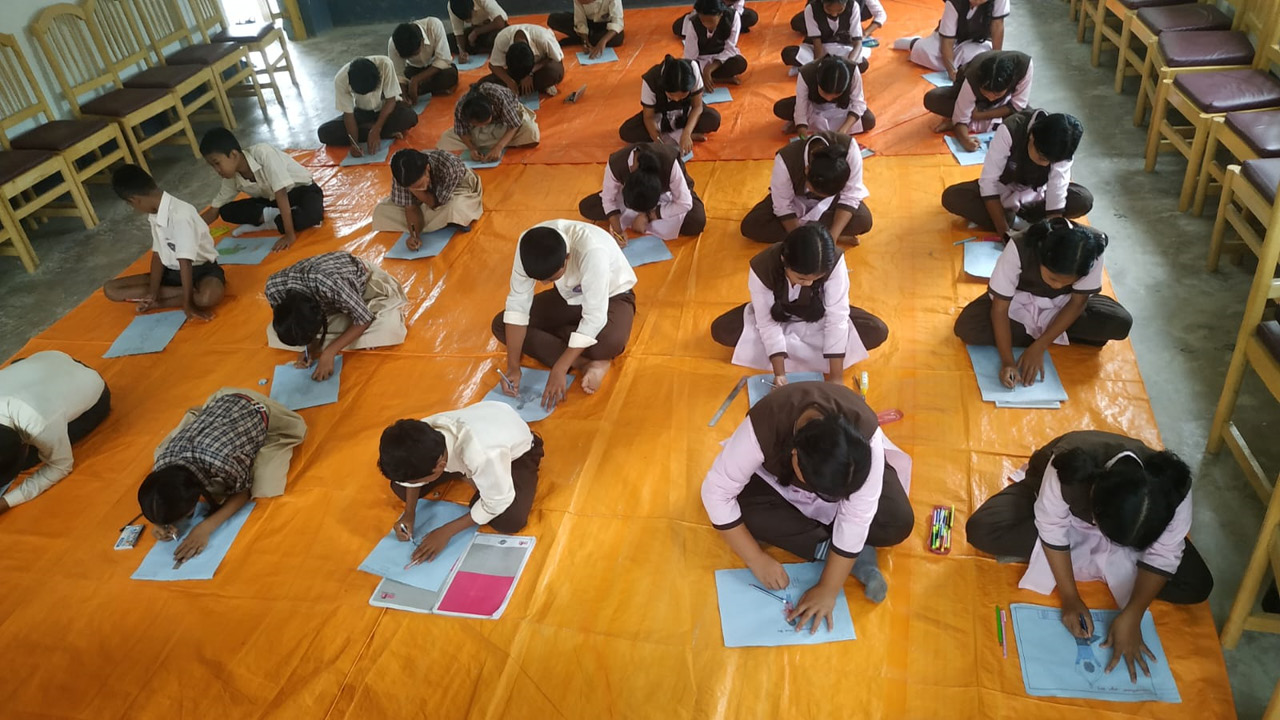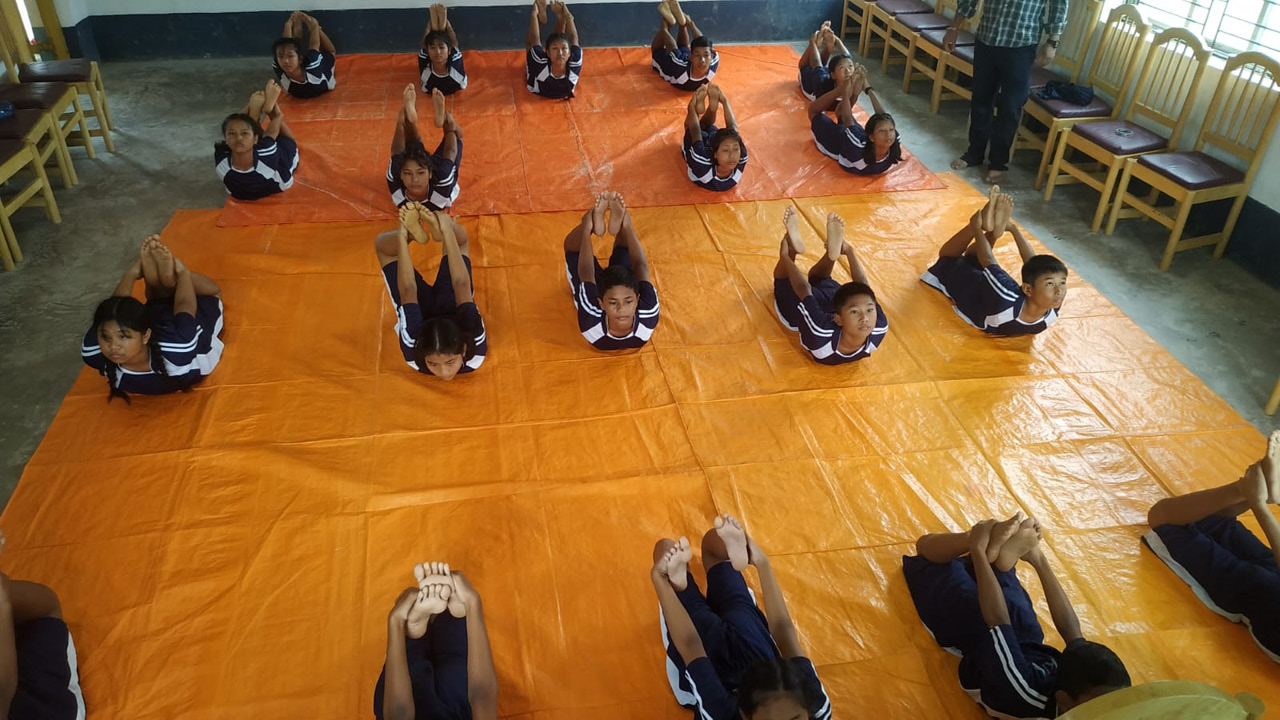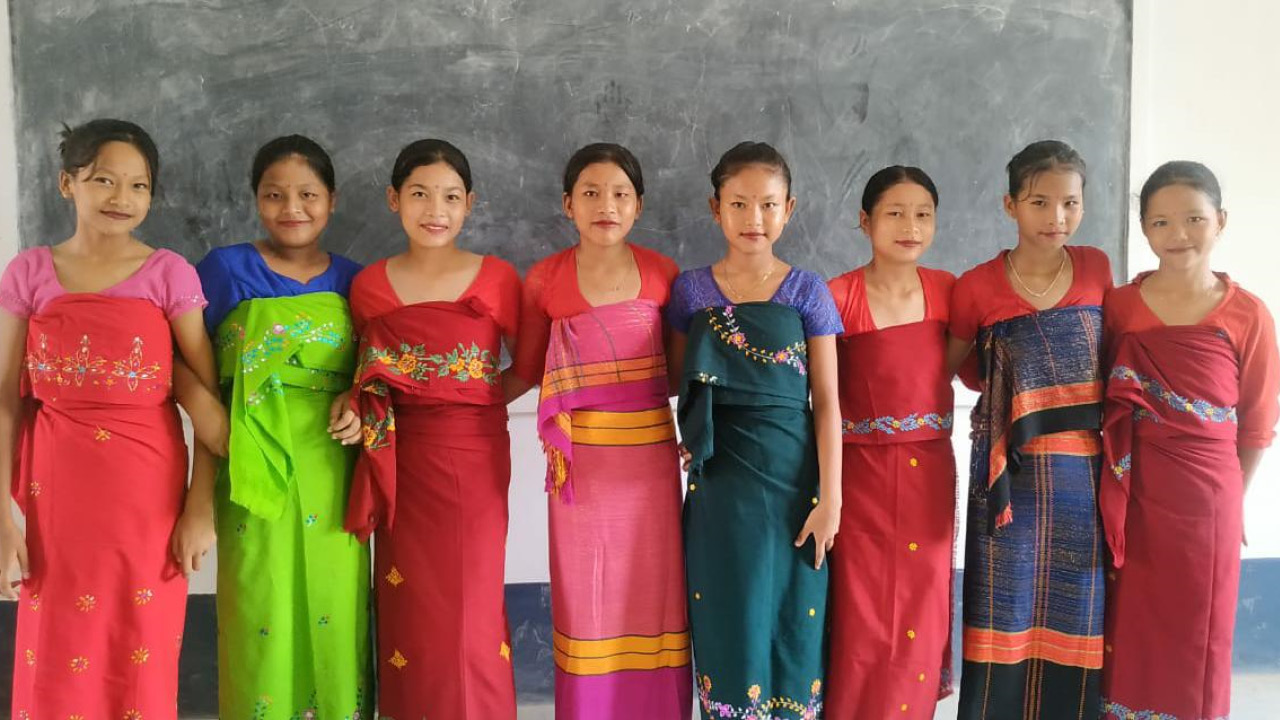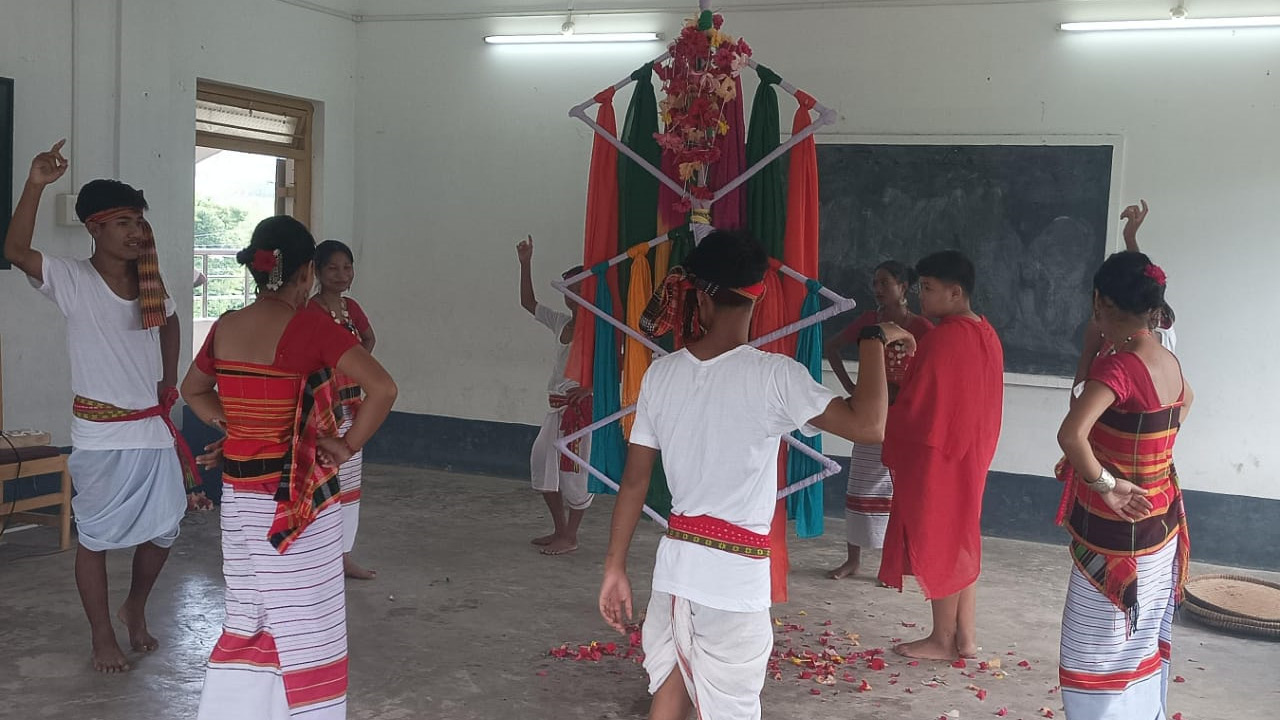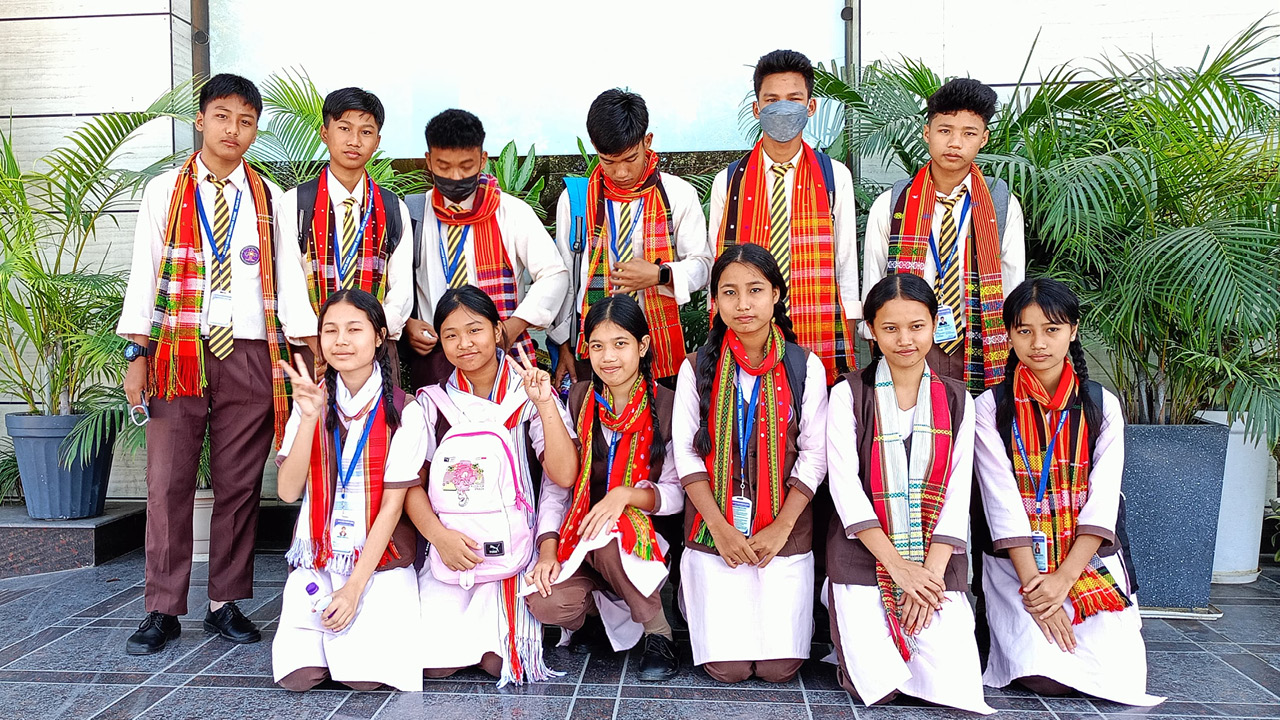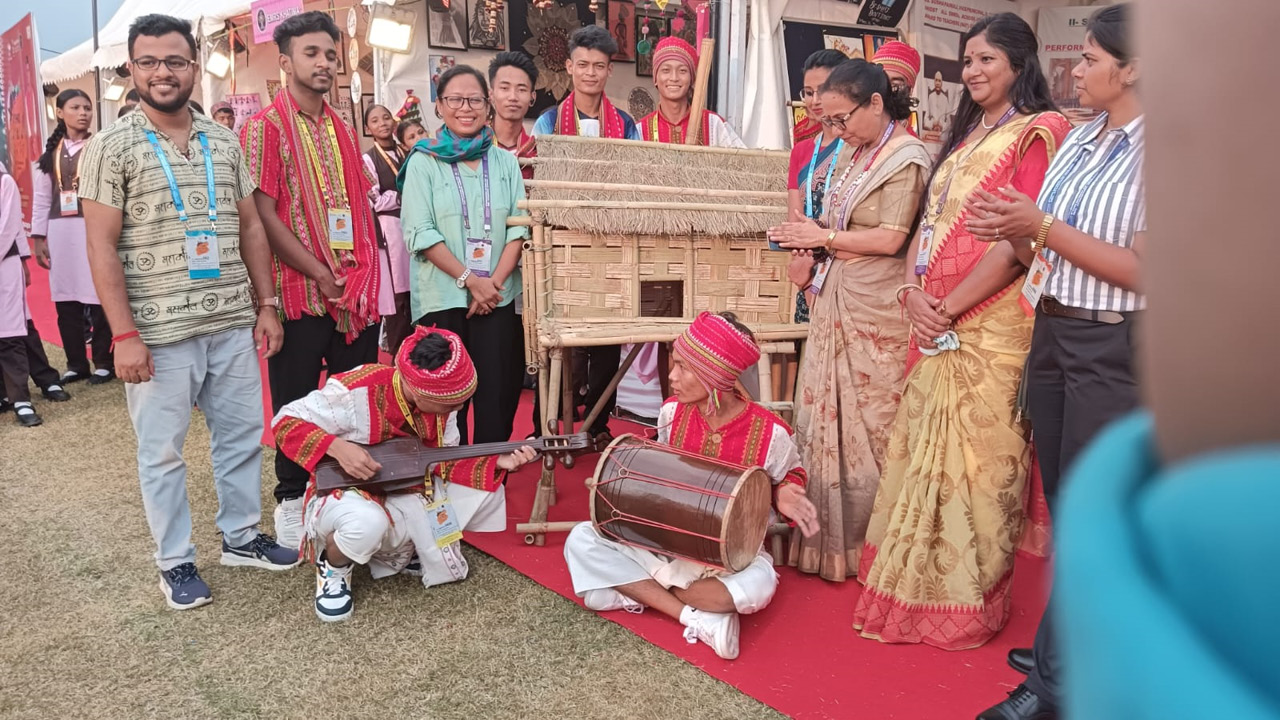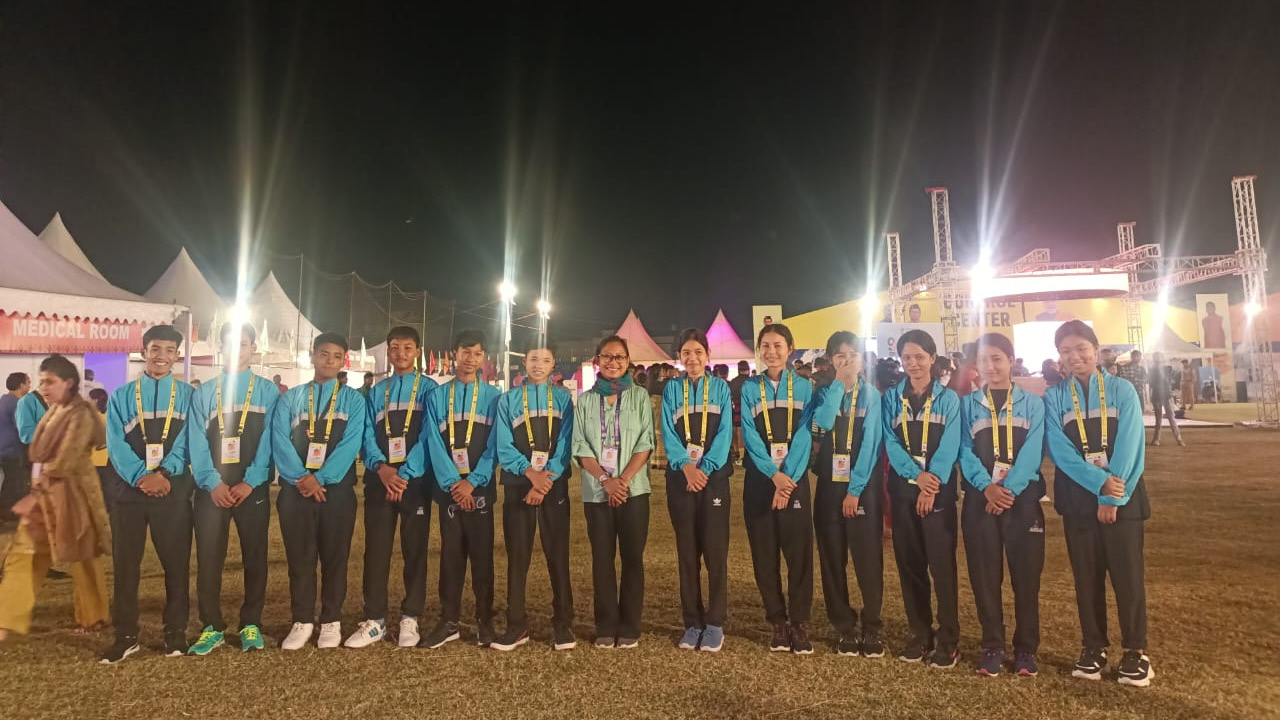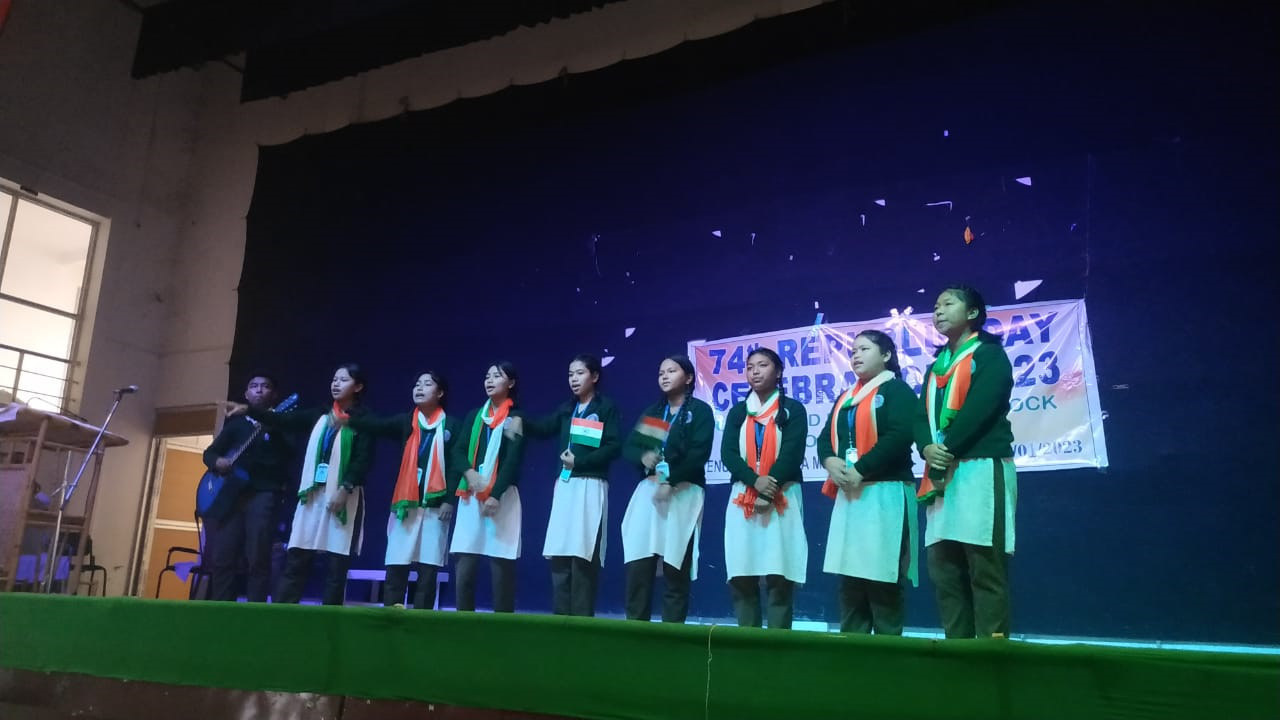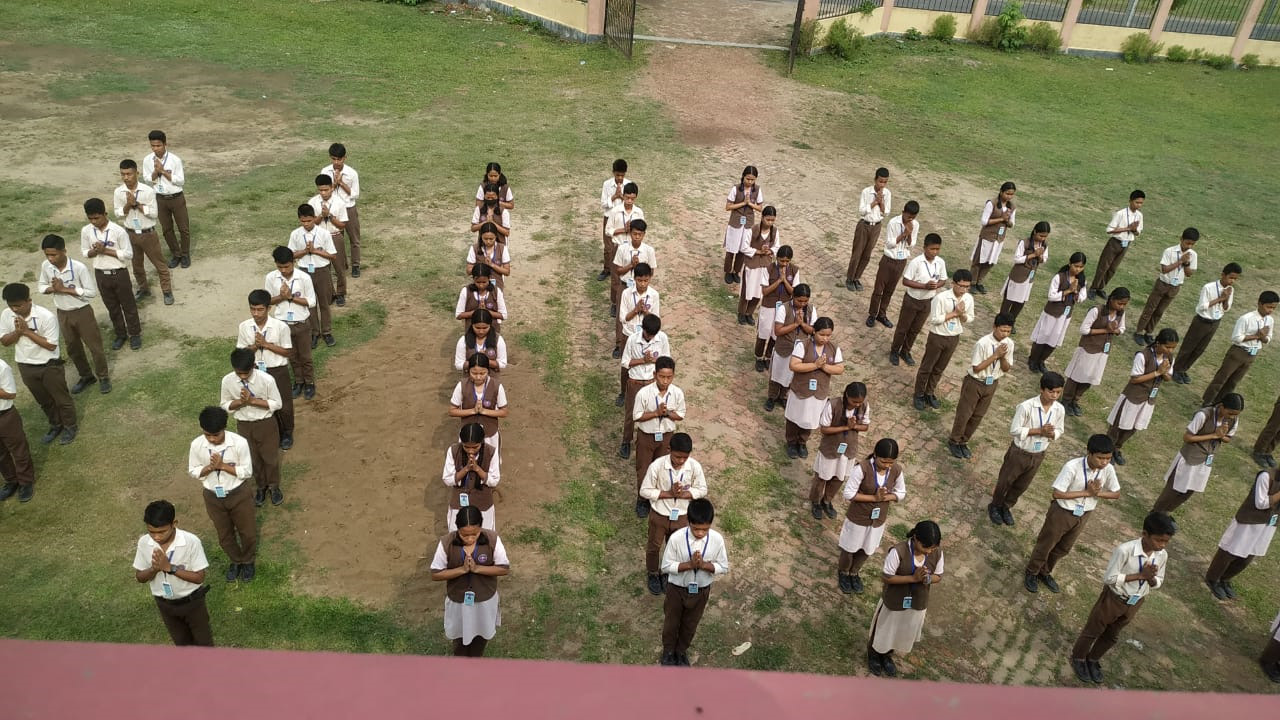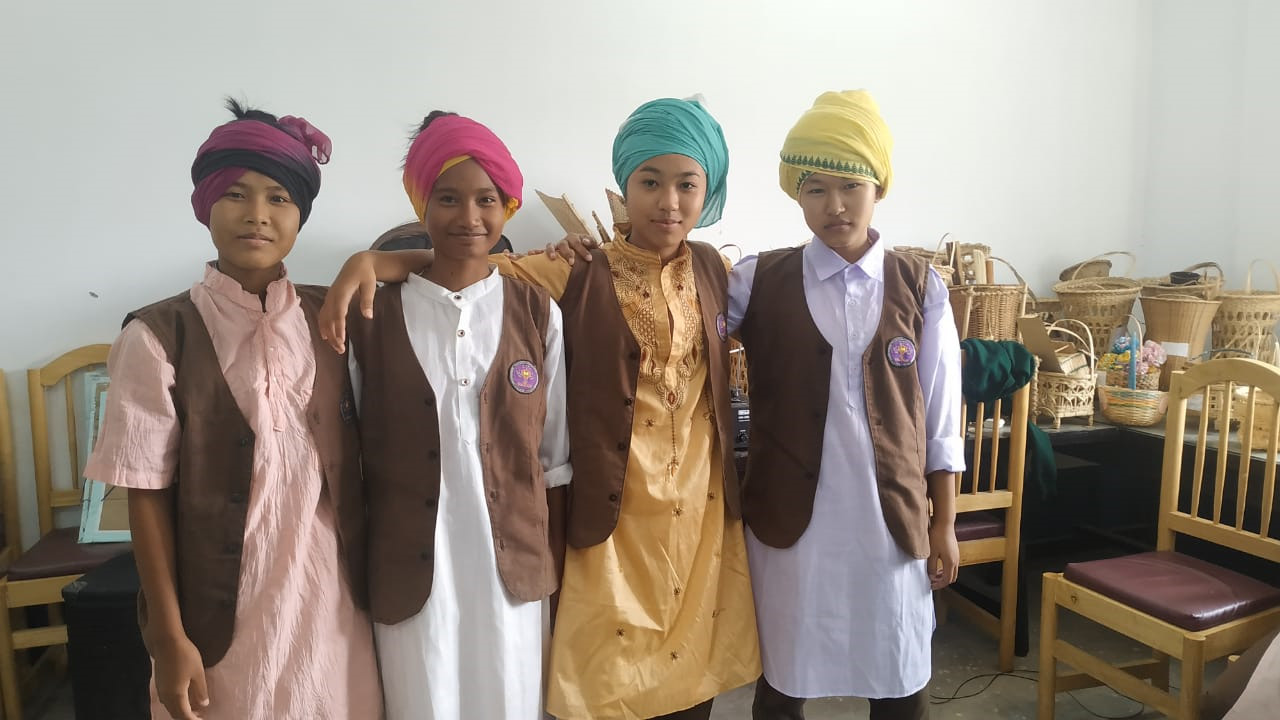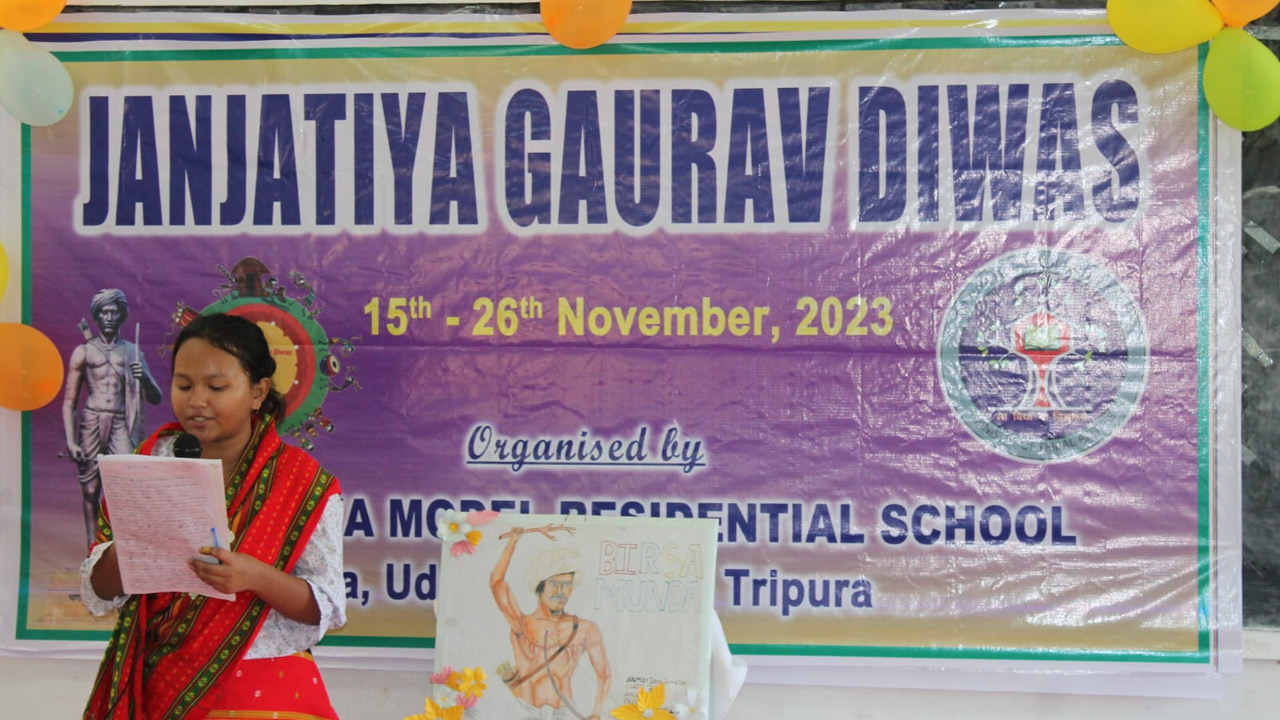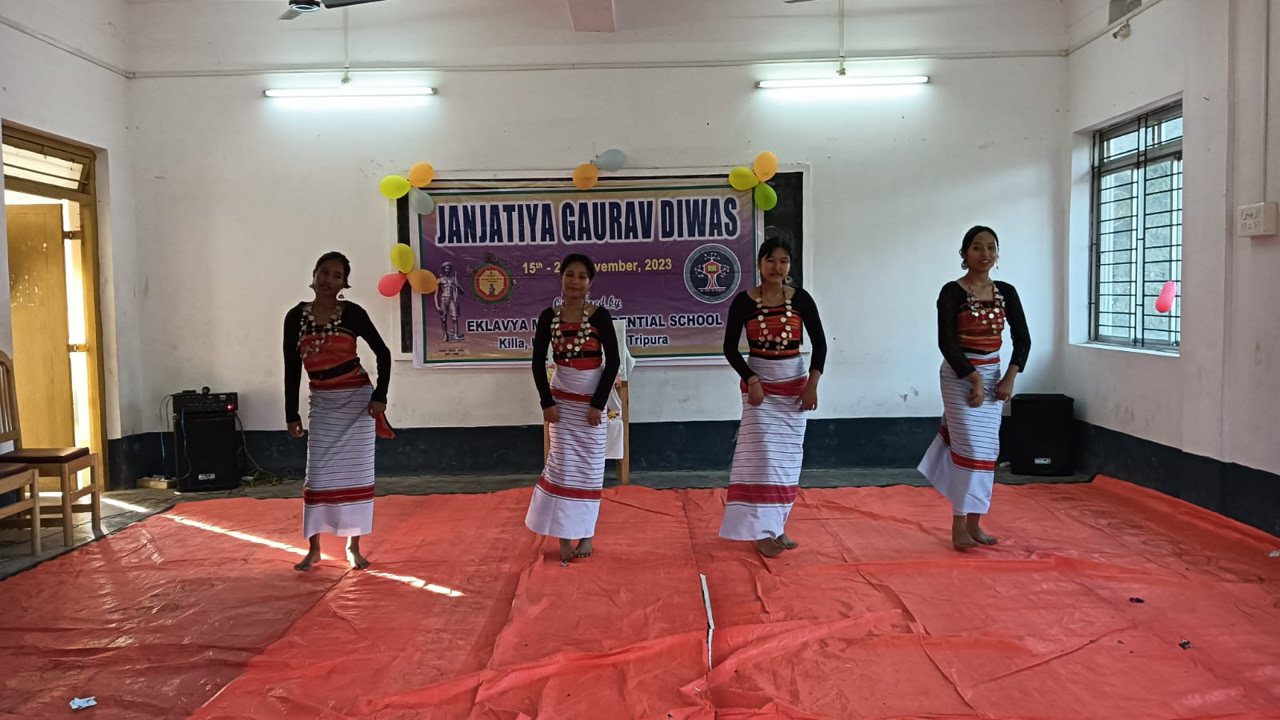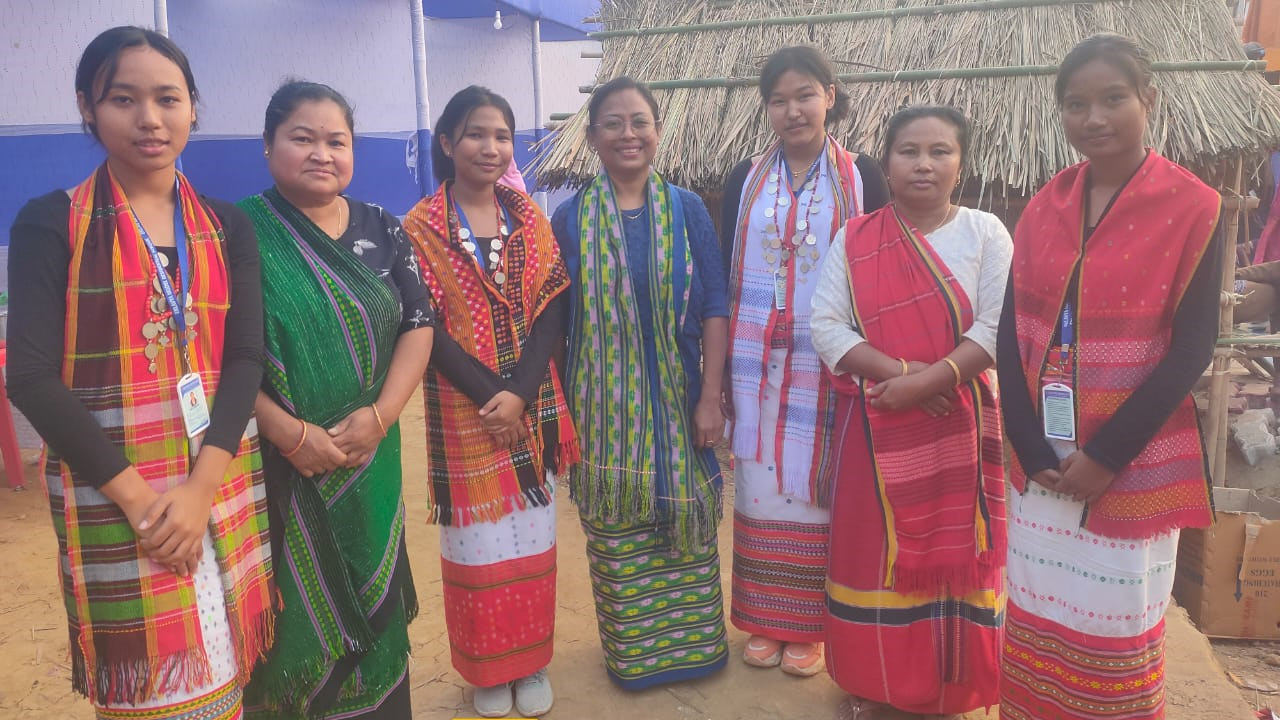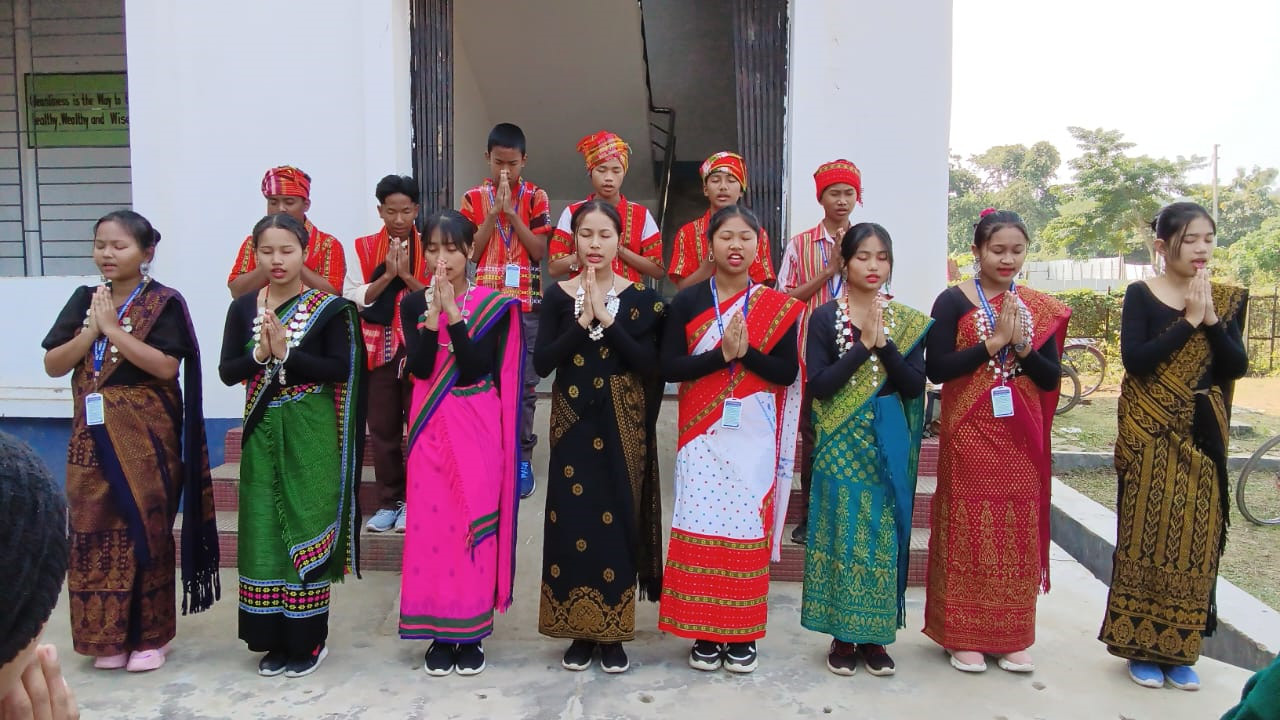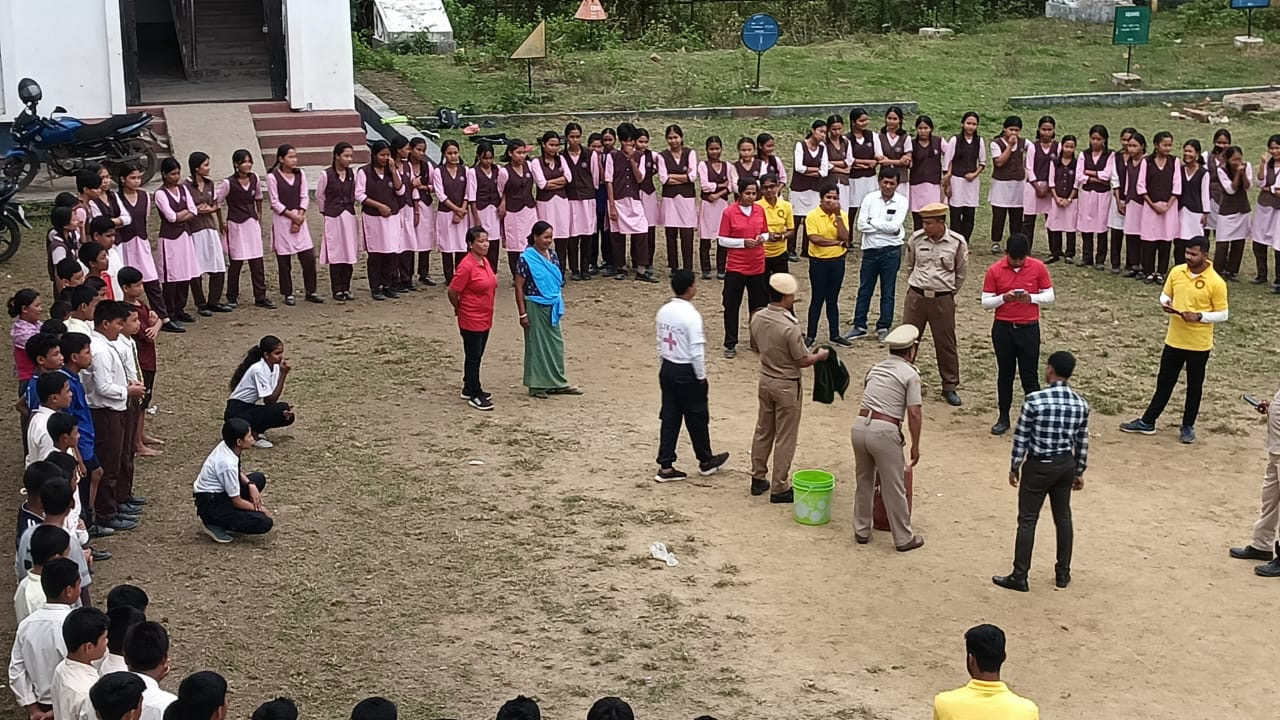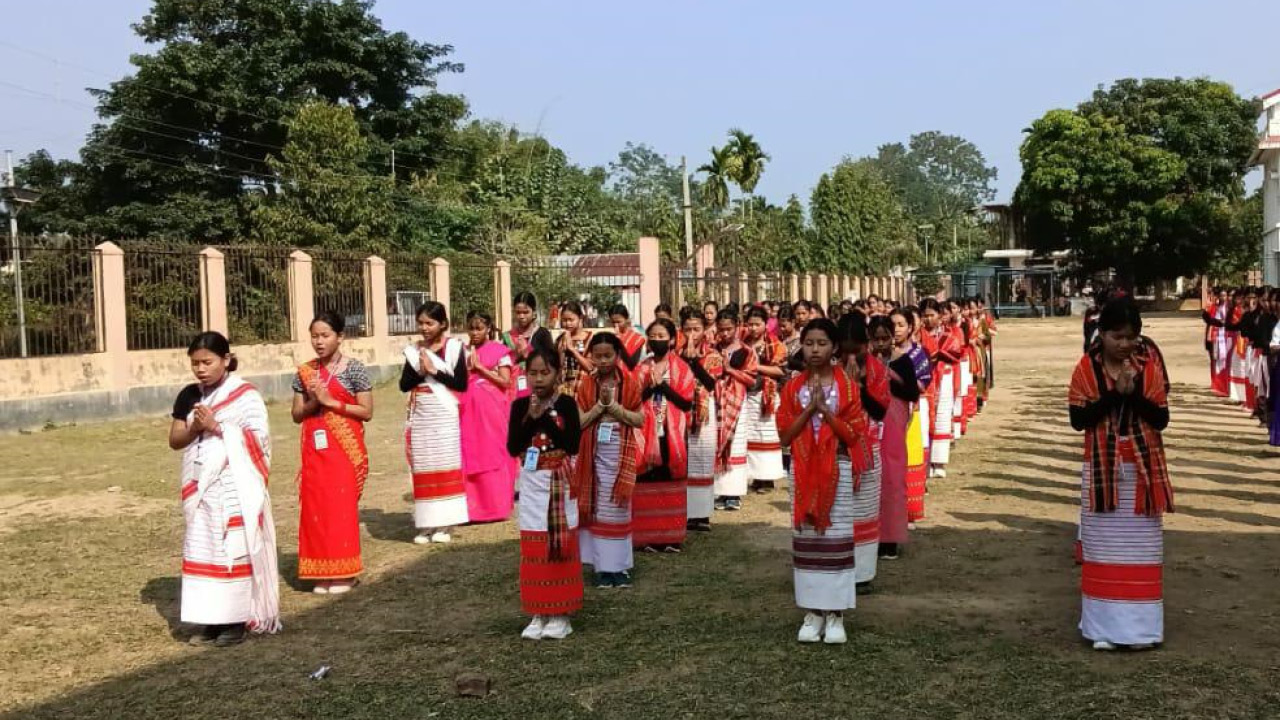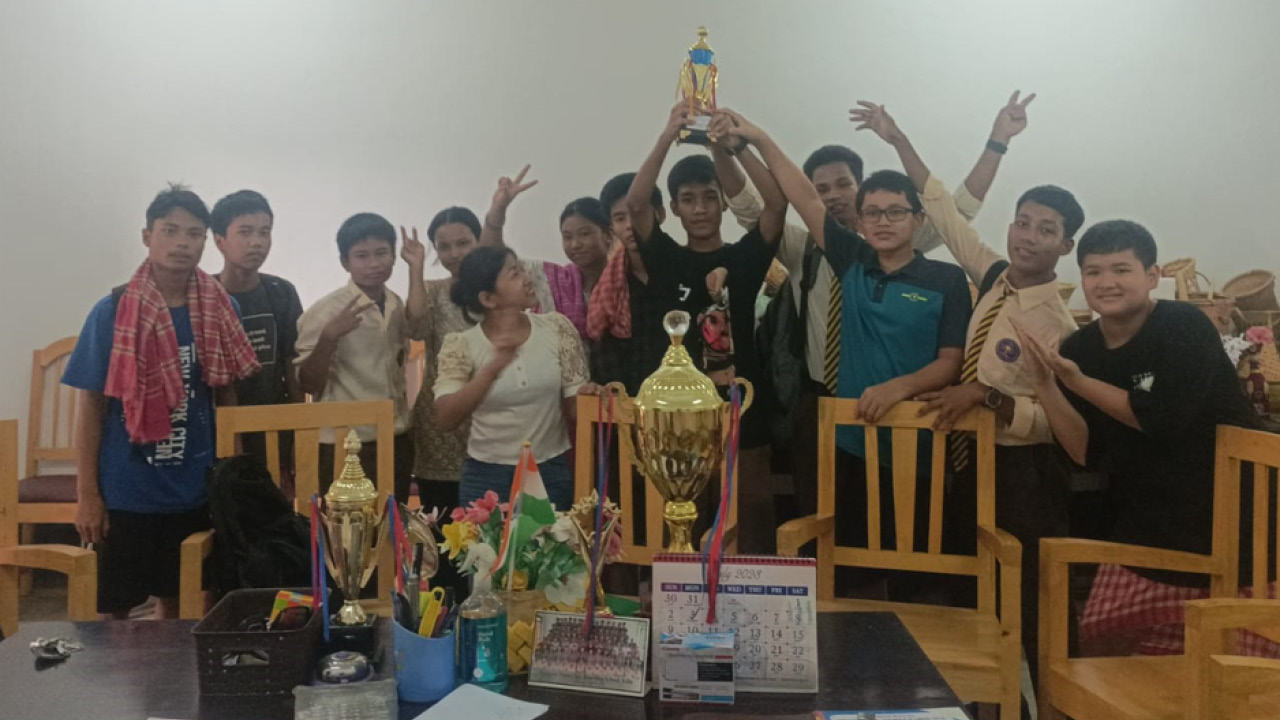Helping to Prevent Child Marriage, Eklavya Model Residential School, Killa, Udaipur, Gomati, Tripura
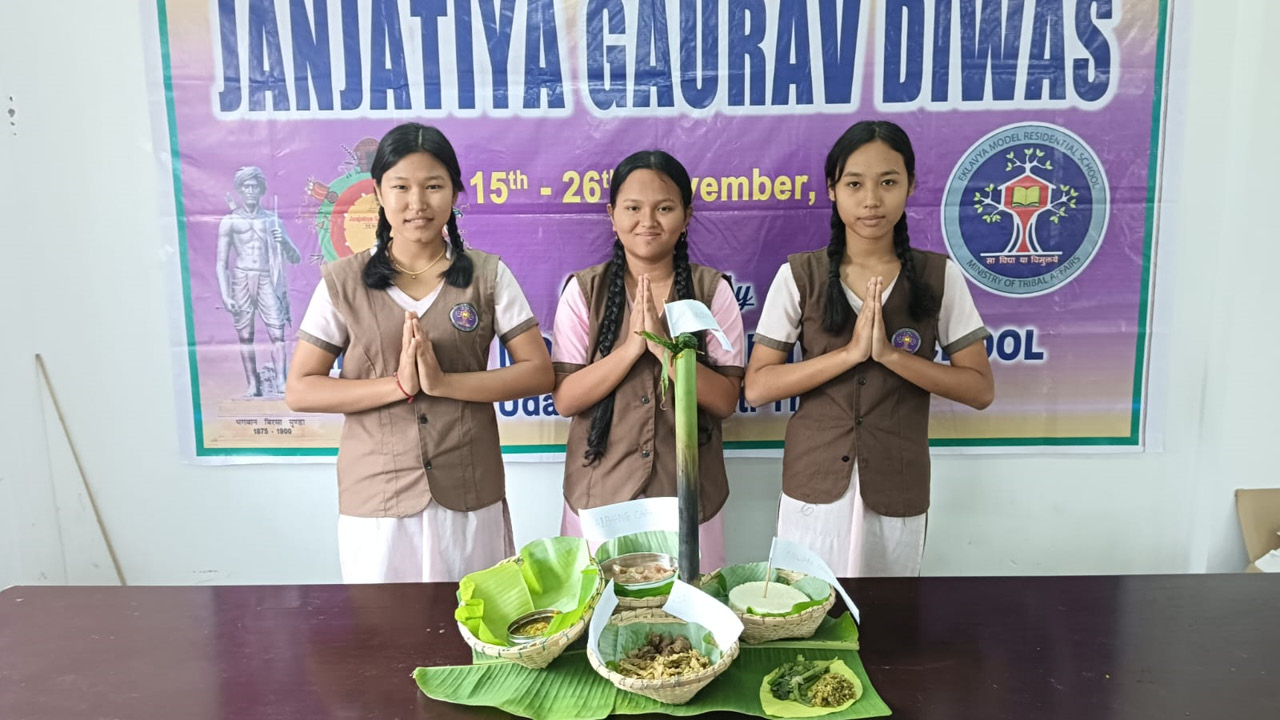
Helping to Prevent Child Marriage, Eklavya Model Residential School, Killa, Udaipur, Gomati, Tripura
Problem
- To promote the benefits of education amongst tribal families
- Spreading awareness among students and parents to prevent child marriage
- Preparing students for multitasking
- Poor awareness of their rights and duties
- Social taboos
Solution
- Student Counselling
- Organise discussions with students
- Involving parents in dialogue
- Talk about the equality of boys and girls
- Sensitisation of adolescent girls about education and hygiene
- Focus on equality
Outcomes
- Student enrolment has improved
- 100% attendance in Parent Teacher Meetings
- Awareness of free educational facilities at EMRS
- Student exchange programme with other EMRS
- More than 95% of girls are rank holders
Project Details
Category: Education – EMRS
Project: Preventing Child Marriage
Organisation: Eklavya Model Residential School, Killa, Udaipur, Gomati, Tripura
Start Date: 2019
Website: https://emrskilla.in
Dr Nukphangti Jamatia is PhD and Master in Hindi and has been with EMRS since 2016 and joined Killa, Udaipur, Gomati, Tripura, as its Principal-in-Charge in June 2019. She is a Hindi PGT. Belonging to a tribal community and receiving higher education was a challenge for her. The struggle that she put up breaking the glass ceiling, she has made a mission in her life to uplift the tribal children, particularly the girl child.
She was struggling with increasing student enrolment, improving attendance and reducing dropouts. It was a difficult task as amongst the community, education played a very insignificant role and to convince on the benefits of education, it required to be done in a mission mode. The social objective was to prevent child marriages in the community.
Jamatia adopted a two-pronged strategy. One, to start widespread counseling with the students in the school and with other children in the community. It was considered important to let the EMRS students speak with the other children so that they would be encouraged. Two, the illiteracy of parents made the job difficult. So, several
meetings were organised with parents, who were ultimately made the ambassadors. Once parents were convinced and children got interested, the enrolment started improving. Slowly, the habit of going to school was formed.
At the same time, the entire faculty was also involved in the process and took on the responsibility to spend at least a few hours mingling with parents as well as children. Slowly, their apprehensions were overcome and they were ready to send their children to school.
Today, the school has 100% enrolment and parents have been made stakeholders. All the PTMs also have 100% attendance. The incidences of child marriage have also become nearly zero, says Jamatia. She is now planning to start a student exchange programme with other EMRS to give higher exposure to her students.


